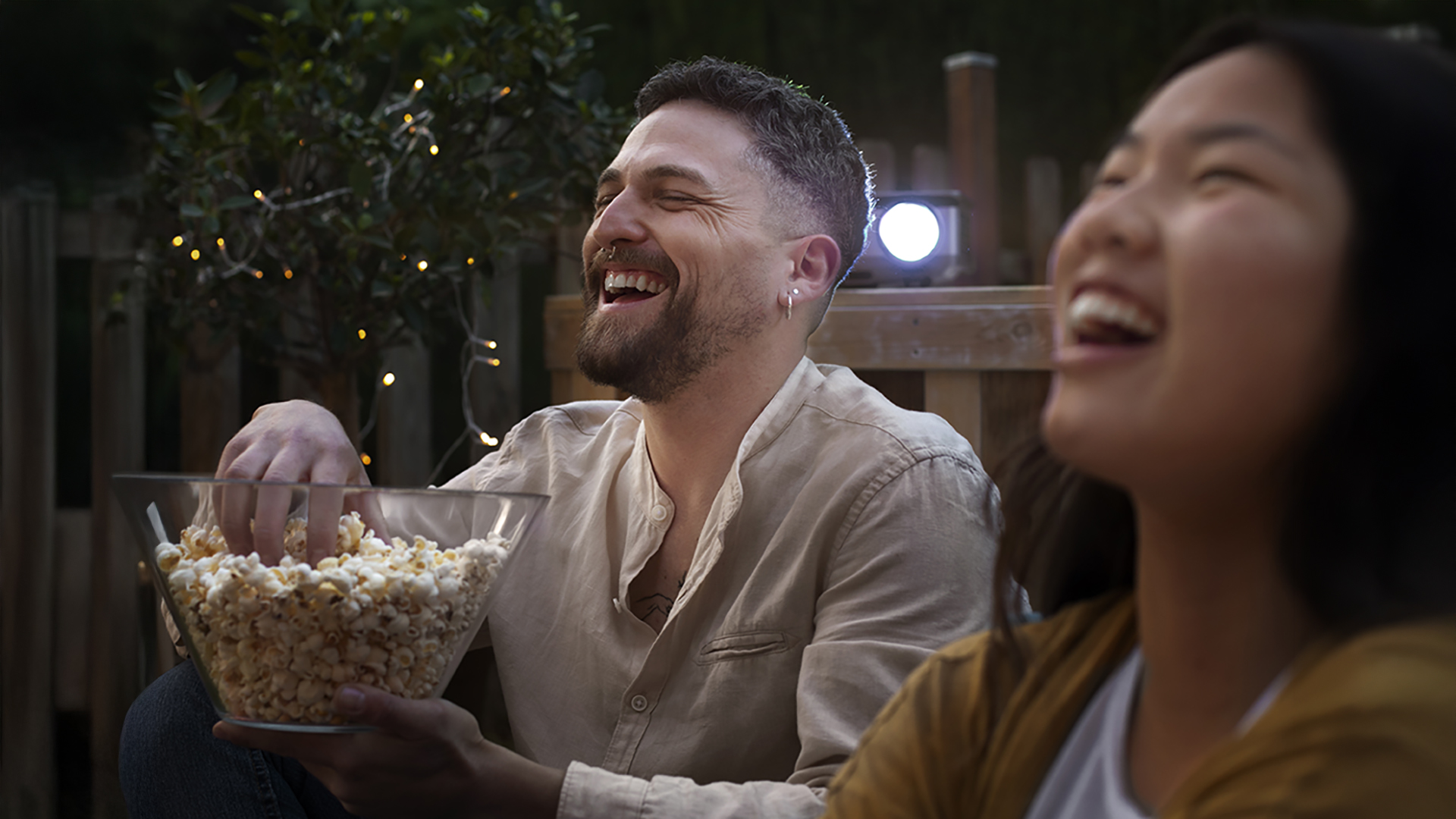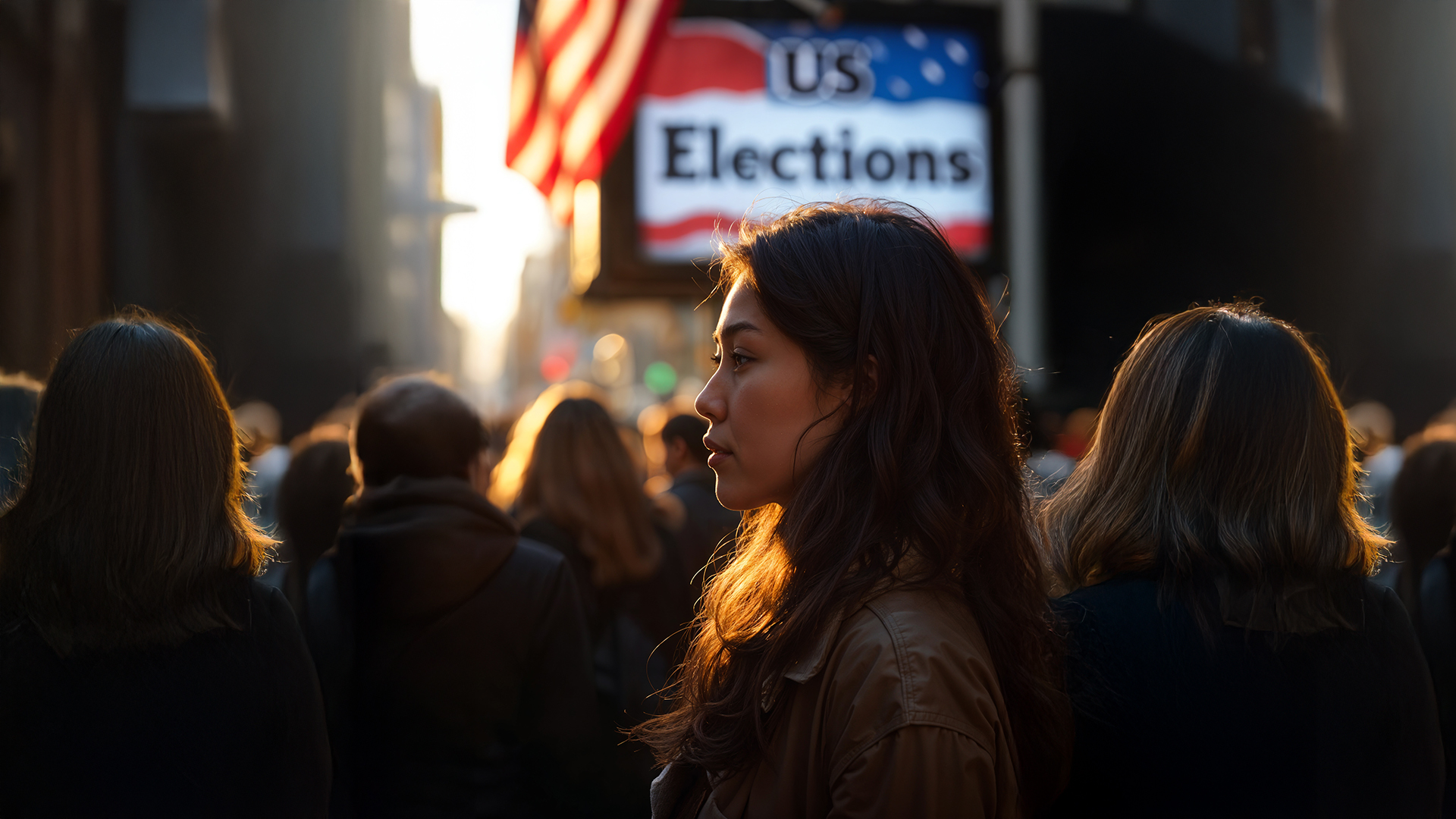How Artificial Intelligence Shapes How We Think, Act, and Connect
Pam Rutledge2025-02-11T10:01:12-08:00AI can influence decisions, beliefs, and behaviors, and we don't notice. Key points AI-driven personalization subtly shapes what we see, believe, and buy. AI amplifies sensational social media content that spreads misinformation and fuels echo chambers. AI literacy is the skills to identify AI's persuasive tactics and make intentional and informed choices. We are in the middle of a digital transformation. Despite the headlines, the biggest issues are not TikTok’s survival, screen time, or cell phone bans. These are just symptoms of a deeper cultural shift—one driven by the growing influence of artificial intelligence (AI). AI is a game-changer because, unlike previous technologies, [...]









